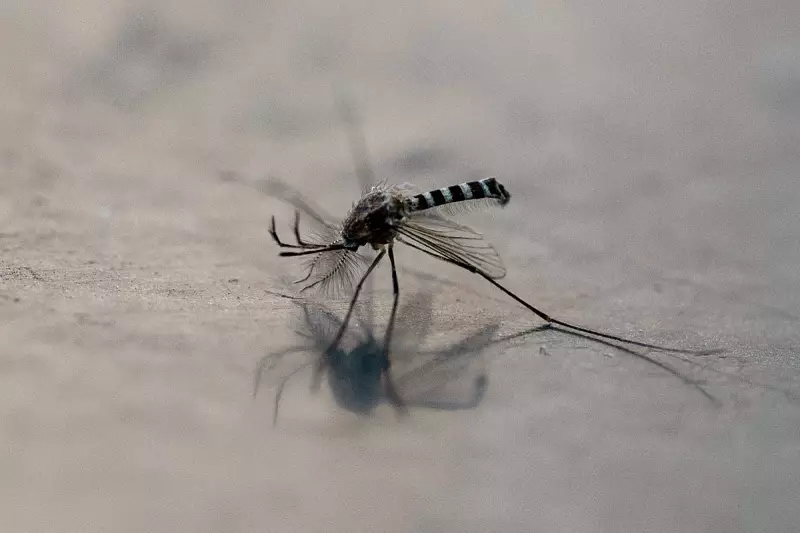
Britain is facing an unprecedented health threat as disease-carrying mosquitoes are now establishing permanent populations across the country, driven by rapidly changing climate conditions. Health experts are sounding the alarm about the very real possibility of tropical diseases like Zika and dengue fever becoming native to UK shores.
The Silent Invasion
Recent scientific monitoring has confirmed that several species of mosquitoes capable of transmitting dangerous viruses have been detected in multiple regions of the United Kingdom. These insects, once considered exotic visitors that couldn't survive British winters, are now breeding successfully and expanding their territory.
Climate change has fundamentally altered the landscape of public health risks in Britain, creating warmer, more humid conditions that allow tropical mosquitoes to thrive where they previously couldn't survive.
From Tropical Threat to Domestic Danger
The most concerning development involves the Aedes albopictus, commonly known as the Asian tiger mosquito, which has been spotted in southeast England. This aggressive daytime biter is a known carrier of:
- Zika virus - linked to severe birth defects
- Dengue fever - causing severe flu-like symptoms and potentially fatal complications
- Chikungunya - leading to debilitating joint pain
Another species, Aedes aegypti, the primary transmitter of yellow fever, has also been detected, though in smaller numbers.
Climate Connection: Why Now?
Scientists point to several climate-related factors driving this alarming trend:
- Warmer average temperatures allowing mosquitoes to survive winter
- Increased rainfall creating more breeding sites
- Higher humidity levels supporting mosquito development
- Milder springs and longer summers extending breeding seasons
"We're witnessing a fundamental shift in disease patterns that we previously associated with tropical destinations," explained one public health entomologist. "What was once a travel health concern is becoming a domestic public health issue."
What This Means for British Residents
While immediate widespread outbreaks are unlikely, the groundwork is being laid for future transmission. Health authorities are implementing enhanced surveillance programs and developing response strategies, but experts warn that the public needs to become more vigilant about:
- Eliminating standing water in gardens and outdoor spaces
- Using insect repellent during warmer months
- Installing window screens in high-risk areas
- Recognizing symptoms of mosquito-borne illnesses
The message from health officials is clear: climate change isn't just about rising sea levels and extreme weather - it's directly impacting the health landscape of Britain in ways we're only beginning to understand.





